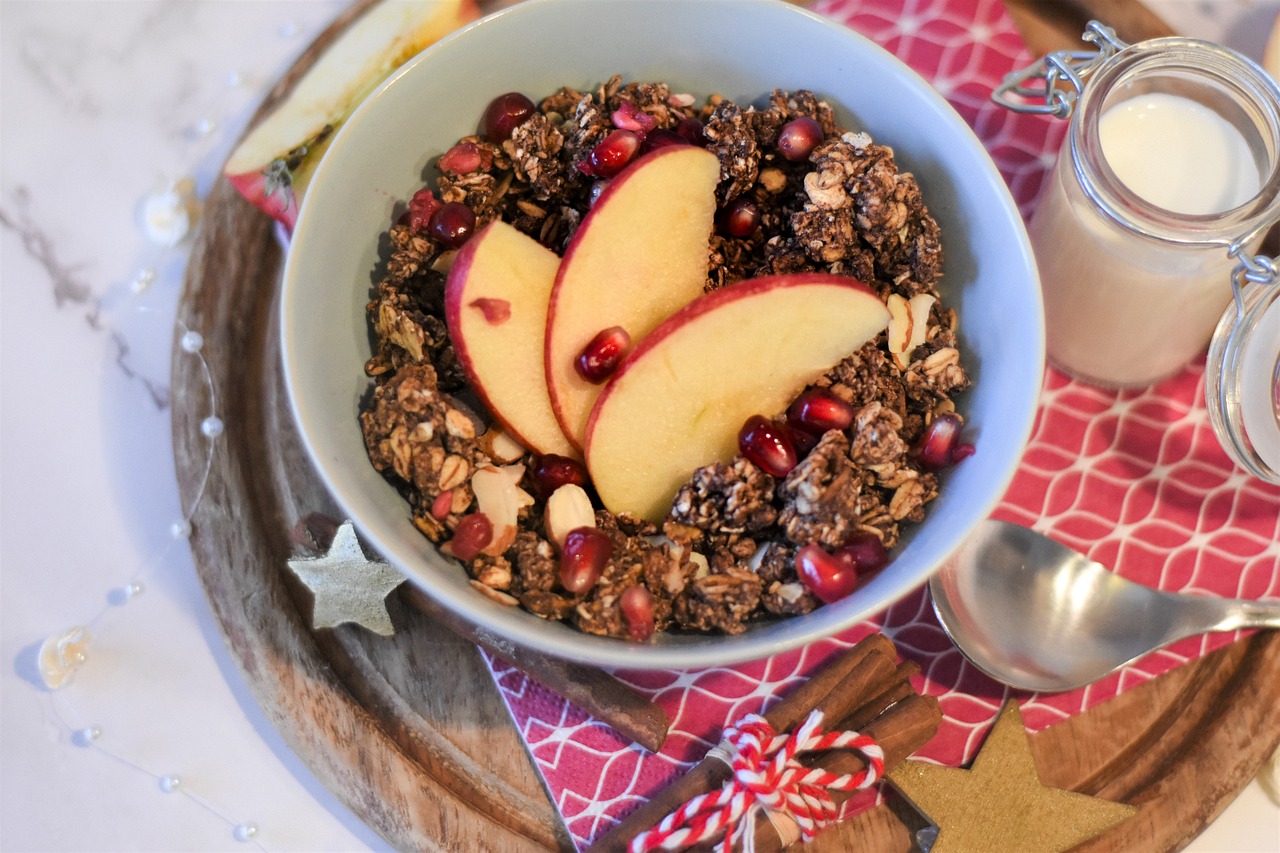Apple juice is not typically considered a strong laxative, but it can have a mild laxative effect for some individuals. This effect is due to its high fiber content and natural sugars. Is apple juice a laxative? Apples and their juice contain both soluble and insoluble fiber, which can help regulate bowel movements and promote regularity.
The soluble fiber in apple juice can help absorb water in the digestive tract and form a gel-like substance, which can soften stools and make them easier to pass. The insoluble fiber adds bulk to the stool, which can also aid in regular bowel movements.
The laxative effect of apple juice varies from person to person. Some individuals may find that consuming apple juice helps relieve constipation, while others may not experience any noticeable effects. If you have persistent or severe constipation, it’s a good idea to consult with a healthcare professional for proper guidance and treatment.
Is apple juice a natural laxative? When apple juice is consumed in moderation and as part of a balanced diet, it can offer several potential health benefits. Apple juice has several potential benefits, it should be consumed in moderation. Commercially produced apple juices can be high in sugar, which may outweigh the benefits when consumed in excessive amounts. Whenever possible, opt for 100% pure apple juice without added sugars or preservatives for the greatest health benefits.
Top 10 benefits are:
1.Nutrient Content:
Apple juice is a good source of essential vitamins and minerals, including vitamin C, vitamin A, potassium, and some B vitamins.
2.Hydration:
Apple juice is a hydrating beverage that can help maintain proper fluid balance in the body.
3.Antioxidants:
Apples are rich in antioxidants, particularly quercetin and catechins. It may reduce the risk of chronic diseases and these compounds help protect the body’s cells from damage caused by free radicals and
4.Digestive Health:
The natural sugars and dietary fiber in apple juice can aid in digestive health. The soluble fiber, such as pectin, can help soften stool and promote regular bowel movements.
5.Heart Health:
Some studies suggest that apple juice consumption may be associated with a reduced risk of heart disease due to its polyphenol content and ability to reduce inflammation and LDL (“bad”) cholesterol levels.
6.Weight Management:
Apple juice, when consumed in moderation, can be a low-calorie beverage that may help control appetite and support weight management.
7.Skin Health:
Is apple juice a laxative? The vitamin C content in apple juice can contribute to healthy skin by promoting collagen production and protecting against UV damage.
8.Immune Support:
Vitamin C and antioxidants in apple juice can boost the immune system and help defend against infections.
9.Respiratory Health:
Some research has suggested that apple consumption, including apple juice, may be linked to a reduced risk of respiratory conditions like asthma.
10.Improved Cognitive Function:
Antioxidants in apple juice may contribute to improved cognitive function and a reduced risk of cognitive decline.
Is apple juice a laxative, Healthcare considerations regarding apple juice primarily revolve around its consumption and the potential impact on your health. Individual health needs can vary, and it’s a good idea to consult with a healthcare provider or nutritionist if you have specific dietary concerns or health conditions. In general, apple juice can be a part of a healthy diet when consumed in moderation and as part of a balanced and diverse meal plan.

9 best important healthcare considerations to keep in mind are:
Is apple juice a natural laxative?
1.Portion Size:
When consuming apple juice, it’s important to be mindful of portion size. While apple juice has health benefits, it can also be relatively high in sugar. Excessive sugar intake can lead to weight gain and an increased risk of health issues like type 2 diabetes and dental problems. Stick to recommended portion sizes to avoid overconsumption of sugar.
2.Added Sugar:
Many commercially available apple juices contain added sugars, which can significantly increase the overall sugar content. Always check the ingredient list to identify any added sugars and opt for 100% pure apple juice without additives when possible.
3.Dilution:
To reduce sugar content and calorie intake, you can dilute apple juice with water. A mixture of one part apple juice to two or three parts water can make a healthier and less sugary beverage.
4.Fiber:
Whole apples are a better source of dietary fiber compared to apple juice. Fiber is important for digestive health, satiety, and managing blood sugar levels. Consider incorporating whole apples into your diet to benefit from their fiber content.
5.Moderation:
Drinking too much apple juice can lead to overconsumption of sugar and calories. It’s recommended to limit your intake to a moderate amount as part of a balanced diet.
6.Individual Sensitivities:
Some individuals may be sensitive to the natural sugars in apple juice and may experience digestive discomfort, especially if consumed in excess. Pay attention to how your body reacts to apple juice and adjust your consumption accordingly.
7.Allergies:
In rare cases, individuals may have an allergy to apples. If you experience symptoms like itching, swelling, or difficulty breathing after consuming apple juice, seek immediate medical attention.
8.Children and Infants:
Be cautious when giving apple juice to infants and young children. Is apple juice a laxative? The American Academy of Pediatrics recommends avoiding fruit juice for infants under 1 year old and limiting its consumption for older children due to the risk of dental cavities and overconsumption of sugar.
9.Interactions with Medications:
If you’re taking medications, particularly those that affect blood sugar levels, it’s advisable to consult with a healthcare professional about any potential interactions between apple juice and your medication.
Conclusion:
Is apple juice a laxative? Healthcare considerations for apple juice consumption include being mindful of portion size, checking for added sugars, dilution to reduce sugar content, and considering individual sensitivities and allergies. Whole apples, which provide fiber and additional health benefits, are also recommended as a healthy dietary option. Incorporating apple juice into your diet as part of a balanced and diverse meal plan can offer several advantages.














Leave a Reply
View Comments